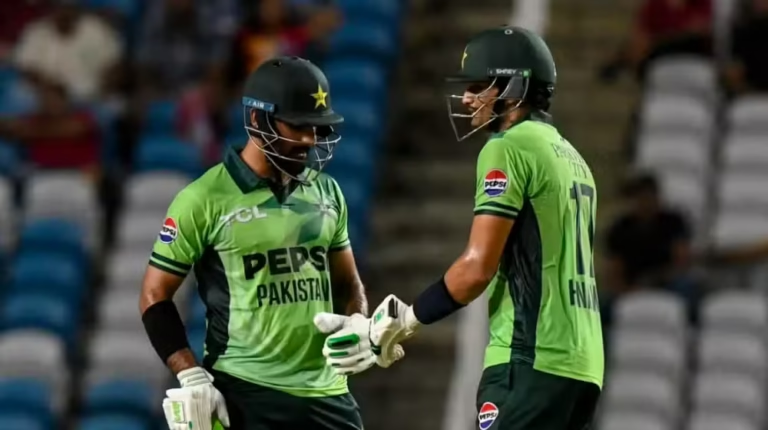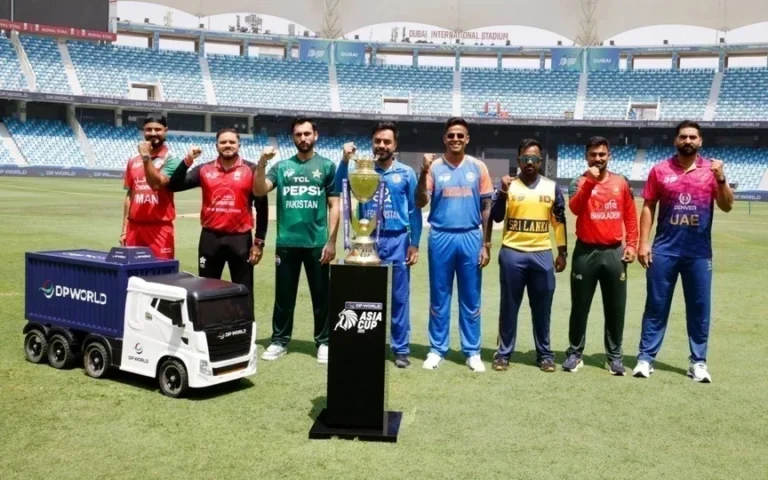The Asian Cricket Council (ACC) meeting scheduled for July 24, 2025, in Dhaka, Bangladesh, is pivotal for the Asia Cup 2025, but it is mired in controversy and uncertainty.
Key Issues at Stake
Tournament Hosting and Venue:
- India is designated as the host for the Asia Cup 2025, scheduled tentatively for September 10–28 in the T20 format, serving as a key preparation for the 2026 T20 World Cup. However, geopolitical tensions, particularly between India and Pakistan, make it unlikely for Pakistan to travel to India. This has led to discussions about adopting a hybrid model, with Pakistan’s matches potentially played at a neutral venue like the UAE or Sri Lanka.
- The Board of Control for Cricket in India (BCCI) has expressed reluctance to host the tournament in India if political tensions persist, and there’s a push for a neutral venue, with the UAE emerging as a likely option.
BCCI’s Boycott Threat:
- The BCCI, along with Sri Lanka, Afghanistan, and Oman cricket boards, initially threatened to boycott the ACC meeting if held in Dhaka, citing strained political relations between India and Bangladesh.
- The BCCI has stated it will not accept resolutions passed in Dhaka if the venue isn’t changed, potentially invalidating decisions due to the ACC constitution requiring key member participation.
- Recent reports indicate a compromise, with the BCCI and Sri Lanka Cricket (SLC) opting to attend the meeting virtually, increasing the likelihood of the tournament proceeding.
Geopolitical Tensions:
- The BCCI’s stance is driven by political unrest in Bangladesh and broader India-Pakistan tensions. ACC and Pakistan Cricket Board (PCB) chairman Mohsin Naqvi’s insistence on holding the meeting in Dhaka has been perceived by some as an attempt to pressure India.
- India’s government has given clearance for participation in ICC events involving Pakistan, but security concerns and past agreements (e.g., India not traveling to Pakistan for the 2023 Asia Cup or 2025 Champions Trophy) complicate matters.
Financial and Logistical Implications:
- The Asia Cup is a major revenue generator through broadcast deals and sponsorships, making its cancellation or delay a significant financial blow for the ACC and member boards. The BCCI faces pressure from broadcasters and sponsors to ensure the tournament proceeds.
- Logistical planning, including team schedules and venue arrangements, hinges on the meeting’s outcomes. A failure to reach a consensus could delay or cancel the tournament, with the BCCI exploring alternatives like a tri-series with Sri Lanka.
ACC Leadership and Governance:
- The meeting was also set to include elections for the ACC vice-president, with candidates from the UAE and Malaysia in contention, though this has been postponed.
- Naqvi’s dual role as PCB chairman and Pakistan’s interior minister adds a layer of complexity, with accusations of leveraging his position to influence decisions.
Current Status
- A compromise has been reached, with the meeting proceeding in Dhaka, but the BCCI and SLC participating online, ensuring key stakeholders are involved.
- The reserved window for the Asia Cup is September 10–28, 2025, with the UAE as the likely venue if India’s hosting is deemed unfeasible.
- The meeting will finalize the schedule, format, and hosting arrangements, but the risk of a deadlock persists if unresolved tensions flare up.
What’s at Risk if Unresolved?
- Tournament Cancellation: Without agreement, the Asia Cup could be delayed or canceled, disrupting team preparations for the 2026 T20 World Cup and causing financial losses.
- Strained Relations: Persistent conflicts between the BCCI, PCB, and ACC could further erode trust, impacting future collaborations in Asian cricket.
- Fan and Sponsor Disappointment: The absence of high-profile India-Pakistan matches, a major draw, would diminish the tournament’s appeal.
The ACC meeting in Dhaka is a make-or-break moment for the Asia Cup 2025. With the BCCI’s virtual participation and a potential hybrid model, there’s cautious optimism, but geopolitical tensions and logistical challenges remain hurdles. The decisions made—or lack thereof—will shape the tournament’s fate, with significant implications for cricket in Asia.








